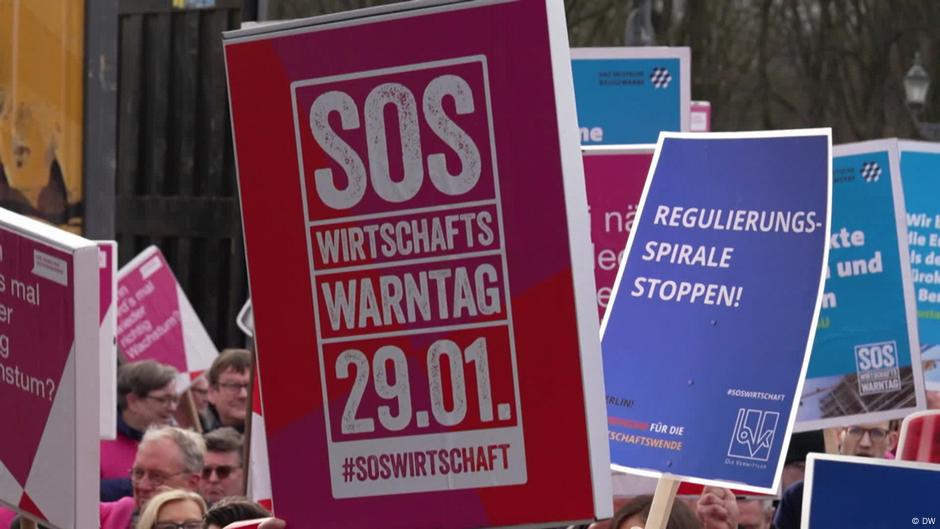Germany's Economic Warning: Why Businesses Are Sounding the Panic Alarm

German business leaders are raising urgent concerns as the federal election approaches, painting a stark picture of economic challenges that demand immediate attention. The nation's corporate voices are increasingly vocal about the need for transformative economic reforms that can reignite Germany's economic momentum.
Industry representatives are calling for a comprehensive overhaul of current business conditions, emphasizing the critical need to cut through bureaucratic red tape that has been stifling innovation and growth. Their message is clear: without significant structural changes, Germany risks falling further behind in the global economic landscape.
The core demands center on creating a more dynamic, flexible business environment that encourages entrepreneurship and investment. Executives argue that streamlining administrative processes, reducing regulatory burdens, and implementing pro-business policies are essential steps to revitalizing the country's economic potential.
As the election draws near, these business leaders are pushing for political candidates to prioritize economic revitalization, warning that continued inaction could lead to prolonged economic stagnation and diminished international competitiveness.
